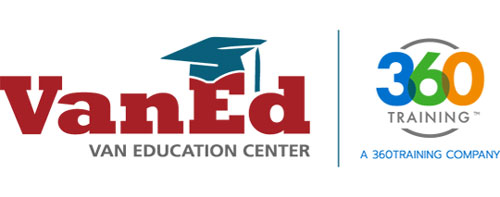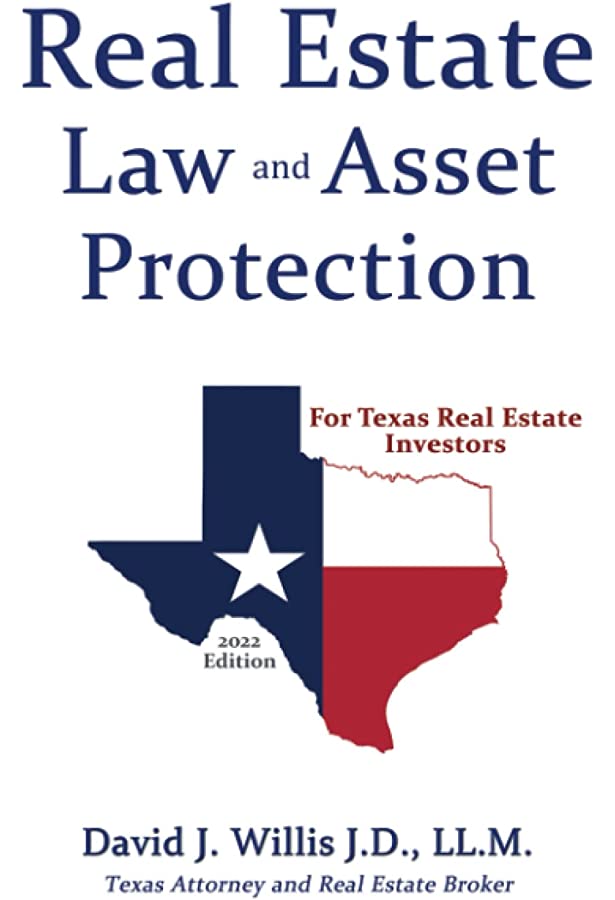
Stocks and real estate are excellent investments, but each one has its advantages and disadvantages. Here are some key differences between the two: Liquidity, Risks, Location, and Profits. Investing in real estate may be a better option for those who are looking to generate a passive income stream over the long term. Real estate not only offers the opportunity for significant appreciation but also provides passive income. Stocks are, however, subject to market, economic and inflation risks. Buying stocks does not require a large cash injection, but they can be bought and sold easily.
Profits
Real estate investing has many benefits. For starters, real estate can create cash flow. Cash flow is what is left after expenses have been paid. Rental income will help you offset expenses and put money in your pocket. The more time you own a home, the better your cash flow. A variety of tax benefits and deductions are available to real estate owners. These tax breaks allow you to deduct reasonable expenses related both to ownership and operation.
Investing in real estate provides the flexibility that many investors need. You can gradually build up your portfolio and supplement your income by renting out the rental income. The fix-and flip profits can be used to supplement your income. You have complete control over your property and can manage it according to your needs. You're your own boss. There are no time limits and no salary caps when working in this field.

Risks
It is important you know the differences when comparing the risks of investing in real estate vs stocks. Real estate is a more stable investment than stocks. Real estate offers a much lower risk of loss as your land serves as collateral. Stocks, on the other hand are more liquid so you can cash in at any time. Stocks can also generate income from dividends. Stock prices fluctuation can lead to emotional decisions. Investors need to be aware.
You will need to wait longer for your return to make a difference. Stocks have an average return of 10% a year, while real estate typically returns three to four percent. However, if you put down at least 20% of the value of the property, you will still be looking at an annual return of 20%, which is far higher than the return you could see from stocks. Moreover, it can be difficult to find properties with good values and then sell them for less than what you paid for them. Additionally, if you are unable to sell your property in the required timeframe, you could be subject to a tax penalty, which is often higher than the market's average return.
Liquidity
Liquidity refers to the ease with which an investor can convert their investment into cash. Stocks have more liquidity than real estate investments because they are available to be sold during regular market hours. Although it can take several days to sell a stock position, investors can still get their money whenever they wish. Real estate investments aren't as liquid and can take years to appreciate in value.
Real estate investing also has the advantage of generating income rather than capital gains. This makes the whole process easier. Inflation also affects the income component. Investors are able to use their real estate profit sooner. Another advantage of real estate investing? It is less volatile. Withdrawals are less vulnerable to short-term volatility. You can find the strategy that best suits your needs, regardless of what you prefer.

Locate
Direct investment in real estate isn't for everyone. Real estate can be a great addition to your portfolio if you're looking for a balanced portfolio. The stock market is easy and simple to navigate. In addition, investing in real estate is much less risky than investing in stock index funds. Here are some tips that will help you make an informed decision if you are interested in investing in realty.
FAQ
Which is better, to rent or buy?
Renting is generally cheaper than buying a home. But, it's important to understand that you'll have to pay for additional expenses like utilities, repairs, and maintenance. You also have the advantage of owning a home. For instance, you will have more control over your living situation.
What are the benefits to a fixed-rate mortgage
With a fixed-rate mortgage, you lock in the interest rate for the life of the loan. This means that you won't have to worry about rising rates. Fixed-rate loans also come with lower payments because they're locked in for a set term.
What should I look out for in a mortgage broker
Mortgage brokers help people who may not be eligible for traditional mortgages. They search through lenders to find the right deal for their clients. This service may be charged by some brokers. Others offer no cost services.
Can I afford a downpayment to buy a house?
Yes! Yes. These programs include FHA, VA loans or USDA loans as well conventional mortgages. More information is available on our website.
What are the key factors to consider when you invest in real estate?
It is important to ensure that you have enough money in order to invest your money in real estate. If you don't have any money saved up for this purpose, you need to borrow from a bank or other financial institution. You also need to ensure you are not going into debt because you cannot afford to pay back what you owe if you default on the loan.
Also, you need to be aware of how much you can invest in an investment property each month. This amount should cover all costs associated with the property, such as mortgage payments and insurance.
You must also ensure that your investment property is secure. It would be a good idea to live somewhere else while looking for properties.
Do I require flood insurance?
Flood Insurance covers flooding-related damages. Flood insurance can protect your belongings as well as your mortgage payments. Learn more information about flood insurance.
Statistics
- This seems to be a more popular trend as the U.S. Census Bureau reports the homeownership rate was around 65% last year. (fortunebuilders.com)
- This means that all of your housing-related expenses each month do not exceed 43% of your monthly income. (fortunebuilders.com)
- It's possible to get approved for an FHA loan with a credit score as low as 580 and a down payment of 3.5% or a credit score as low as 500 and a 10% down payment.5 Specialty mortgage loans are loans that don't fit into the conventional or FHA loan categories. (investopedia.com)
- Some experts hypothesize that rates will hit five percent by the second half of 2018, but there has been no official confirmation one way or the other. (fortunebuilders.com)
- Over the past year, mortgage rates have hovered between 3.9 and 4.5 percent—a less significant increase. (fortunebuilders.com)
External Links
How To
How to Find an Apartment
The first step in moving to a new location is to find an apartment. Planning and research are necessary for this process. This includes researching the neighborhood, reviewing reviews, and making phone call. While there are many options, some methods are easier than others. Before renting an apartment, it is important to consider the following.
-
It is possible to gather data offline and online when researching neighborhoods. Online resources include Yelp and Zillow as well as Trulia and Realtor.com. Other sources of information include local newspapers, landlords, agents in real estate, friends, neighbors and social media.
-
Review the area where you would like to live. Yelp and TripAdvisor review houses. Amazon and Amazon also have detailed reviews. You may also read local newspaper articles and check out your local library.
-
Call the local residents to find out more about the area. Talk to those who have lived there. Ask them about their experiences with the area. Ask for their recommendations for places to live.
-
Be aware of the rent rates in the areas where you are most interested. You might consider renting somewhere more affordable if you anticipate spending most of your money on food. You might also consider moving to a more luxurious location if entertainment is your main focus.
-
Find out information about the apartment block you would like to move into. It's size, for example. How much does it cost? Is the facility pet-friendly? What amenities does it have? Can you park near it or do you need to have parking? Do tenants have to follow any rules?